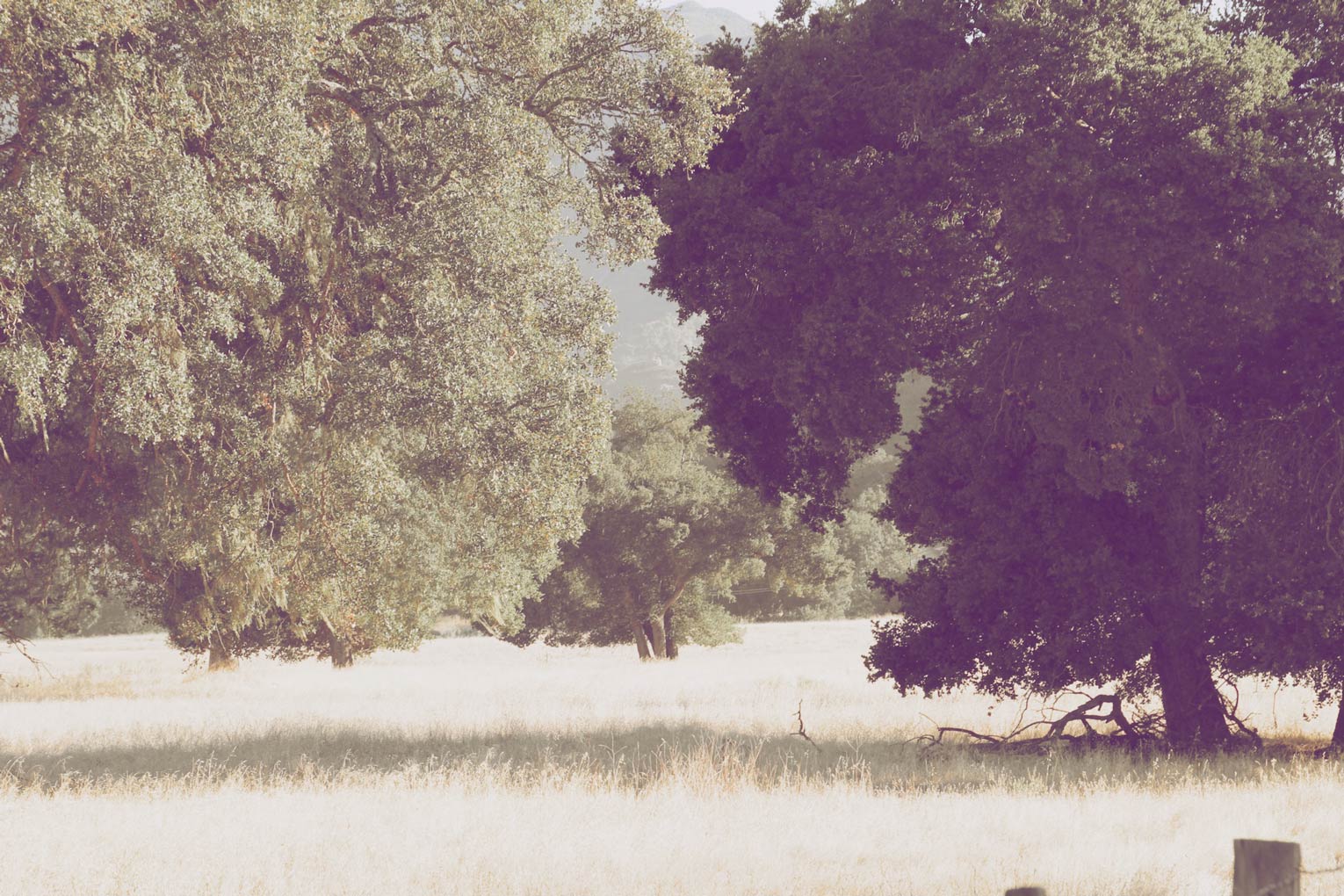
Are you ready to be a missionary church planter? When we went to the mission field over thirty years ago I discovered I was not as ready as I thought.
In 1984 many of the Baptist churches in Northwestern Tanzania would gather for joint Easter services, walking great distances to camp together from Good Friday through Easter Sunday. One of the twenty churches came from the regional Leper colony. About twenty members of the Leper Baptist Church composed a larger group of about 400 who attended the gathering. Part of annual meeting included partaking of the Lord’s Supper from a single loaf of break and a common cup. As I surveyed the situation across the meadow, I could tell I would be among the last to participate in celebrating communion. I was correct. I looked across the multitude and saw my missionary colleague, Gene Roach eating the bread and drinking from the cup. Therefore, as a new missionary, I placed my trust in his discernment, took a piece of bread from the loaf of bread and ate it. Also, I drank from the common cup after 400 people including 20 lepers. As we were driving away from the gathering, I remarked about drinking from a single drinking glass after all of those people. Gene said to me, “You didn’t drink that did you? When the Leper Church is around I only pretend to drink.” After more than thirty years I still have not contracted leprosy. However, as a new missionary I learned that day I had a lot to learn.
I also had a lot to learn about missionary church planting. I had to contemplate what a model church should look like. What is the profile of a great church? How can a church fulfill the Great Commission? Jesus said in Acts 1:8, “and you shall be My witnesses both in Jerusalem, and in all Judea and Samaria and, even to the remotest part of the earth.” How does a church contribute to this task? What is the profile of an Acts 1:8 church? In my opinion, it looks like the church at Antioch mentioned in Acts 11:19-30.
Purified in the Crucible of Difficulty
“So then those who were scattered because of the persecution that occurred in connection with Stephen made their way to Phoenicia and Cyprus and Antioch, speaking the word to no one except to Jews alone.” (Acts 11:19)
After Stephen was stoned at Jerusalem in Acts 7:58-60, a storm of persecution descended upon the Jerusalem church. Many had to flee. The Christians scattered to various cities, perhaps coming to Antioch because a large Jewish population resided there. Antioch was the capital of the Roman Province of Syria and boasted a great commercial center. Among the inhabitants were Jewish refugees who had fled for their lives and left everything behind. Sometimes great blessing comes from terrible tragedy. In this case God used the evil of the death of Stephen to expand the early church. Were it not for this persecution the early church might have stayed in Jerusalem and not journeyed to other parts of the world and begin to fulfill the Great Commission.
I’ve noticed this in the lives of believers. Someone loses their job, but God wants them to move on to a different stage in life. God uses the hardship we endure to purify us for an even greater task. Sometimes even the worst persecution can bring a blessing.
After serving in Tanzania as Southern Baptist missionaries for five years, we were asked to begin Baptist work in an unreached part of North Africa. We won the first converts, discipled them and started a small church among former Muslims. I was at a Strategy meeting in Thailand when the word came of persecution of our believers. On a Sunday morning the country’s security police burst into the worship service and arrested all 20 people in the church including several visitors. They were carried to the jail of the nation’s second largest city. Most of the members and all of the visitors were released after the first day. The pastor and the principal teacher, however, were beaten and tortured for about 3 days. Then the beatings and torture stopped but they had to remain in prison for a total of 43 days. We had to close the church and move it from the coastal town to the capital city some 1100 kilometers away. There the church was reborn. The leaders started witnessing and soon another church was started and then another. Presently there are 85 churches and an additional 80 preaching points (not yet churches). Most of these are Muslim background believers. All of this started as a result of persecution, trials and difficulties.
The first thing we should say about a church-planting church is that it has been purified in the crucible of difficulty.

